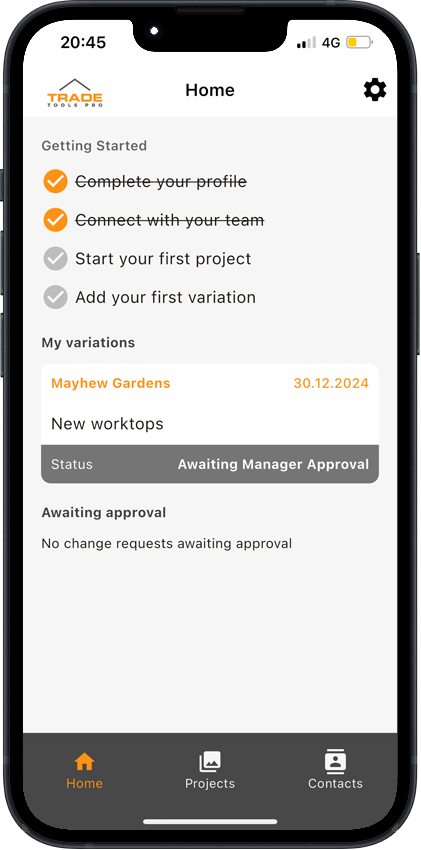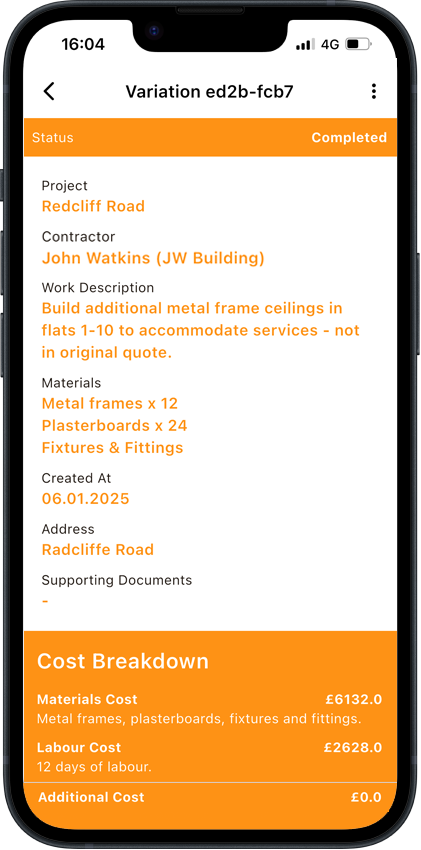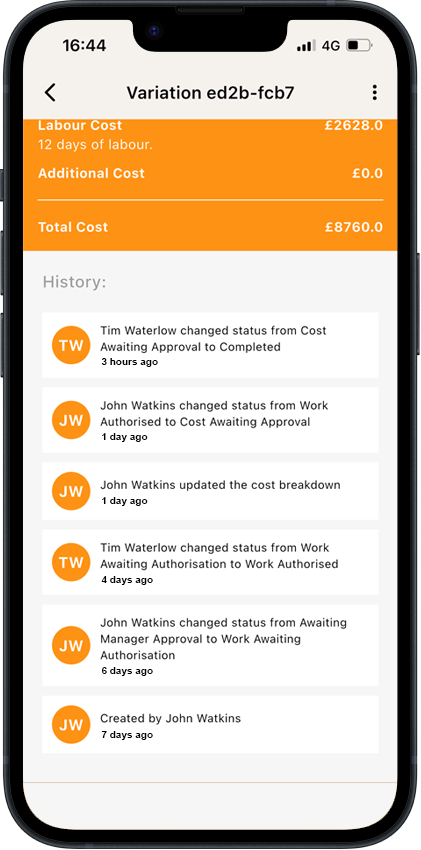Take control of your building projects.
At Trade Tools Pro, we specialise in providing digital tools that are specifically designed for the building industry.
Our goal is to simplify the management of building projects by offering tools that can be immediately deployed with minimal or zero training.





